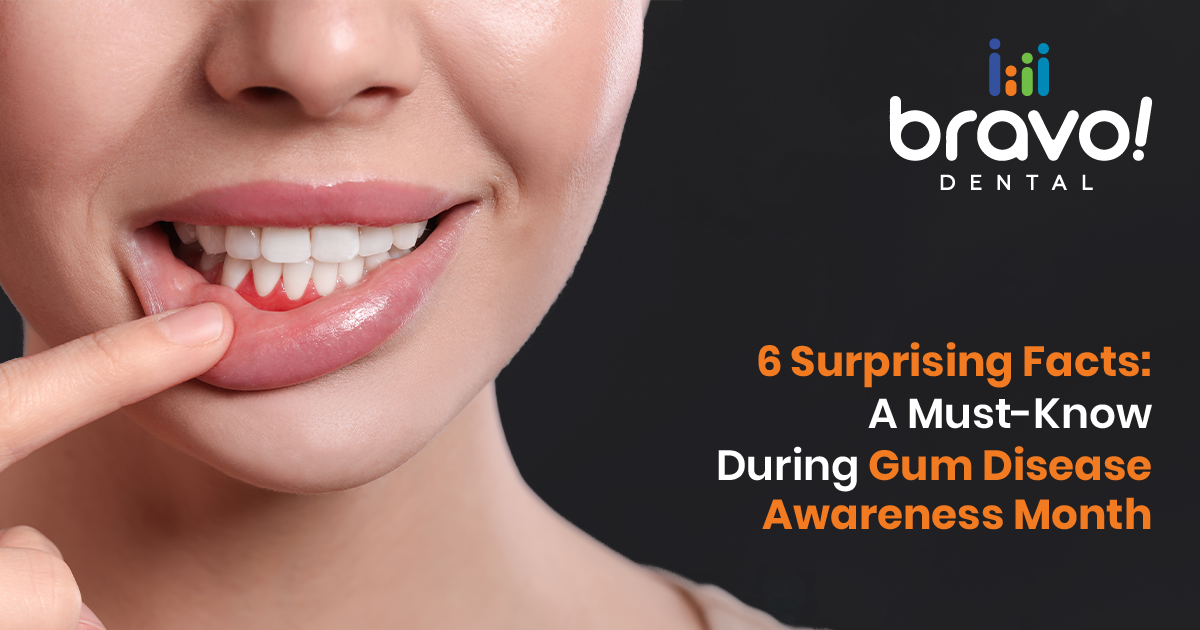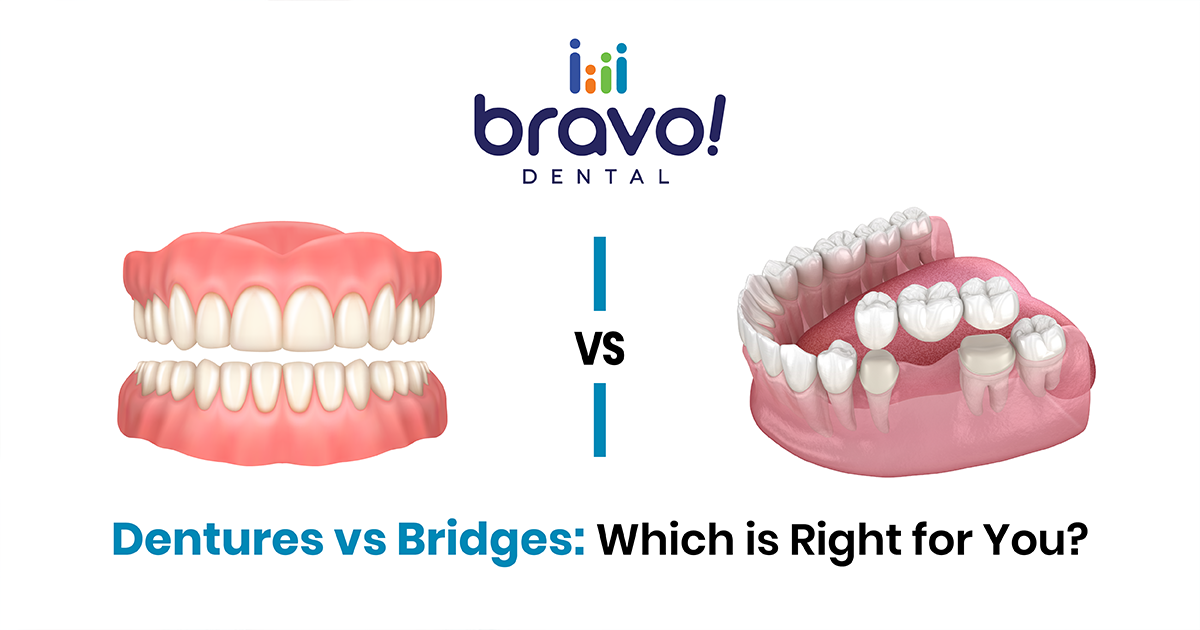
Gum Disease Awareness Month serves as a crucial reminder to pay attention to our oral health. Often overlooked, gum disease can have severe oral and overall health consequences. In this blog, we’ll explore some surprising facts about gum disease that everyone should be aware of during this Gum Disease Awareness month.
1. The Asymptomatic Nature
One of the most surprising aspects of gum disease is its often-asymptomatic nature in the early stages. Many individuals are unaware of the problem until it reaches an advanced stage. Gingivitis, the initial phase of gum disease, may not exhibit noticeable symptoms, making regular dental check-ups essential for early detection.
2. The Systemic Impact of Gum Disease
Gum disease isn’t limited to affecting just your oral health; it has a ripple effect throughout the body. Harvard Health research has linked gum disease to various systemic conditions, including heart disease, diabetes, and respiratory issues. The inflammation caused by gum disease can contribute to developing or worsening these conditions, emphasizing the need for comprehensive oral care.
3. Prevalence Across Age Groups
Contrary to popular belief, gum disease is not exclusively an issue for seniors. While the risk does increase with age, it can affect people of all ages, including children and teens. Poor oral hygiene, smoking, and certain medical conditions can elevate the risk, highlighting the importance of early education on oral health practices.
4. Connection Between Pregnancy and Gum Disease
Expectant mothers should be particularly vigilant about their oral health, as gum disease has been linked to adverse pregnancy outcomes. Research suggests a potential connection between gum disease and preterm birth or low birth weight. Hormonal changes during pregnancy can make gums more susceptible to inflammation, emphasizing the importance of regular dental check-ups for pregnant women.
5. Link Between Gum Disease and Alzheimer’s
Recent National Institute of Health studies have explored the connection between gum disease and Alzheimer’s disease. The research suggests that the bacteria associated with gum disease could enter the bloodstream and reach the brain, potentially contributing to the development of Alzheimer’s. This emphasizes the need for ongoing research and underscores the importance of oral health in maintaining overall cognitive well-being.
6. Role of Genetic Risk Factors
Genetics play a role in determining an individual’s susceptibility to gum disease. Some people may be genetically predisposed to developing gum problems, regardless of their oral hygiene practices. Understanding one’s genetic predisposition can help tailor preventive measures and early intervention strategies.
Conclusion
Gum Disease Awareness Month serves as an opportune time to delve into the intricacies of this oral health issue. From its asymptomatic beginnings to its far-reaching implications on systemic health, gum disease demands our attention. By staying informed and prioritizing regular dental care, individuals can take proactive steps to prevent and manage gum disease, promoting a healthy smile and overall well-being. And if you want to stay healthy, oral, and overall wise, book an appointment with our experts at Bravo! Dental.
happy to hear from you, contact us
Fill out the contact form below and Feel free to send any question or query.




